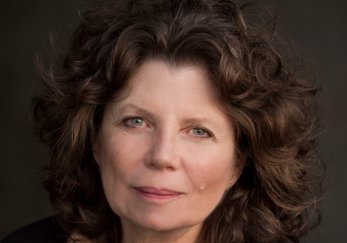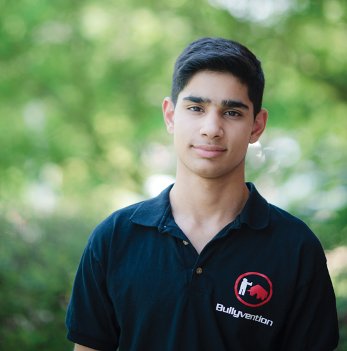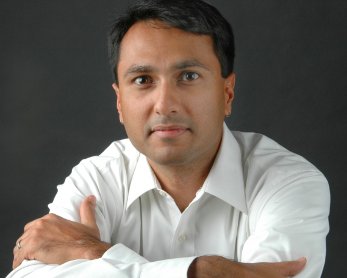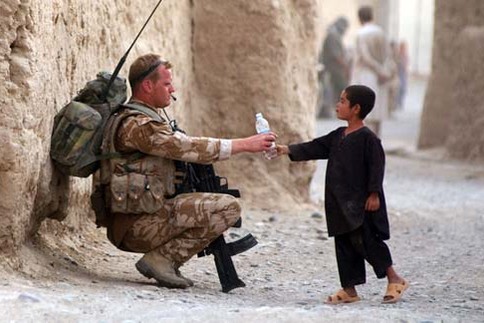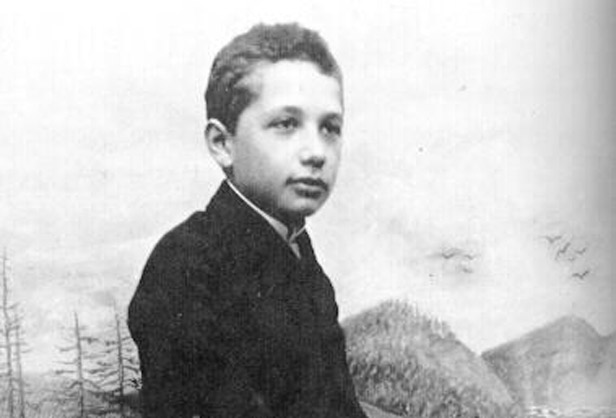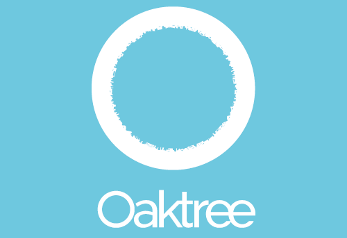Dr David Gaus, a Clinical Associate Professor of Medicine at the University of Wisconsin, travelled to Ecuador and volunteered at The Working Boys’ Center from 1984-1986. There he observed the marginalization of a population of mostly women and children who, he later learned, lacked access to even basic health services. Ten years later, he and Friar Hesburgh founded ADH.
Rural populations in Ecuador face indeed a range of challenges in attaining high quality healthcare, including, but not limited to scarce access to specialized and hospital-based care. While the reach of basic primary care has broadened in the developing world, allowing for quick and inexpensive treatment of common illnesses, the lack of treatment for infectious diseases still represents a critical gap in healthcare services. Often, the nearest hospitals for rural populations are hours away and in major cities, forcing sick villagers to overcome geographic, economic and cultural barriers to access quality treatment. These barriers often make the treatment of infectious diseases difficult if not impossible. Pregnant women, as well as children in rural communities still die at alarming rates from the complications of infectious diseases. These can be very easily treated in specialized clinics and hospitals in urban communities across the developed world.
AHD raises the standard of care at community hospitals by utilizing the best medical and administrative practices available while still focusing on the community. It is integral to their strategy that it be community based, so that it serves community members while also employing local staff. AHD’s approach to rural healthcare is to provide a high standard of care to patients by educating young doctors and nurses to be effective leaders. Its training component involves a wide-ranging education on the best medical and administrative practices for medical residents and nursing students. Professionals in training follow the comprehensive AHD Manual, which differentiates AHD doctors and nurses from those working in the traditional public health sector, in which formal residency training is not required. Physicians are usually hired directly from medical school with little or no hands-on experience. The hospitals provide 24-hour care and use technology to streamline processes, relying 100% on electronic medical records. AHD’s hospitals are financially sustainable, supported entirely by efficient use of local funds through a public-private partnership with the country’s Social Security Administration. 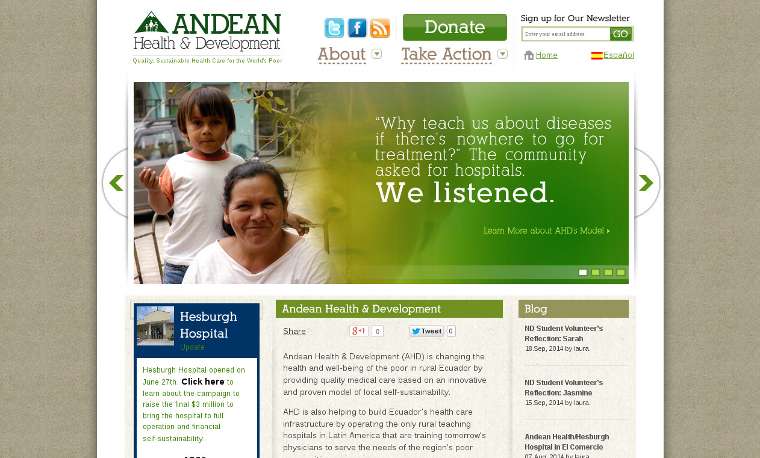 Web site: http://www.andeanhealth.org/
Web site: http://www.andeanhealth.org/




